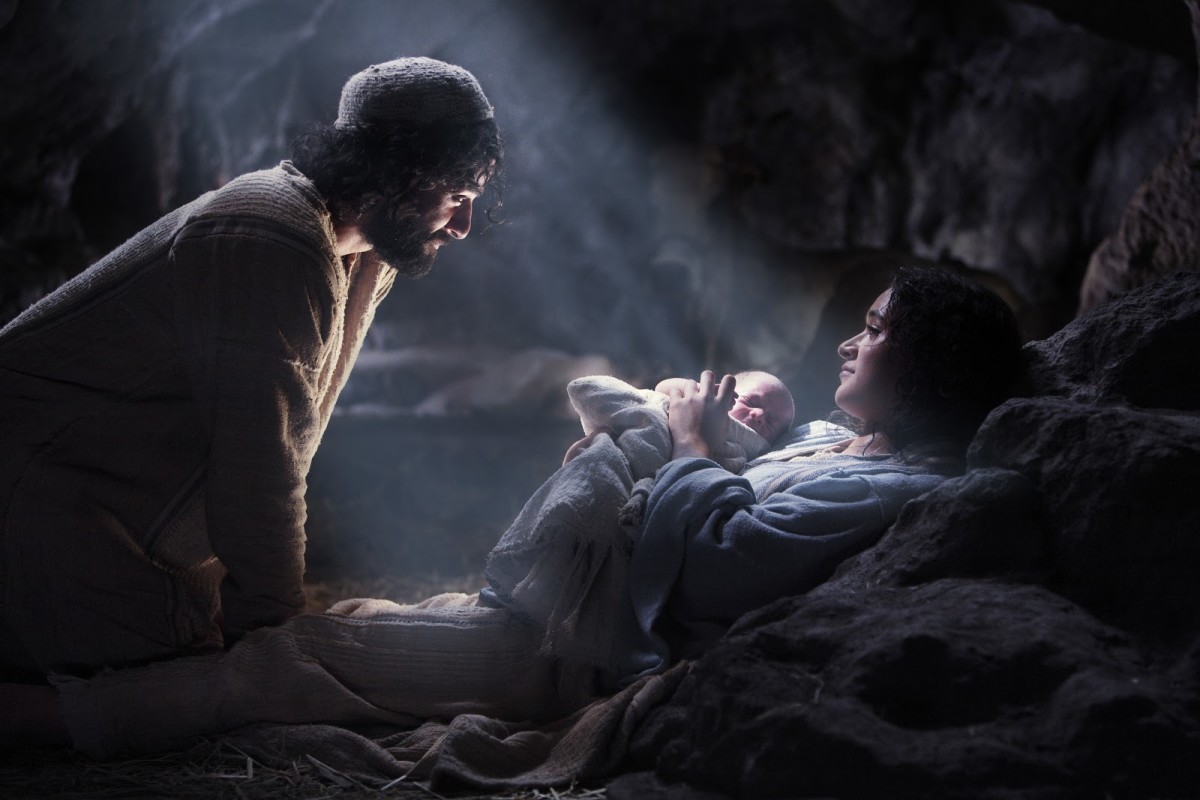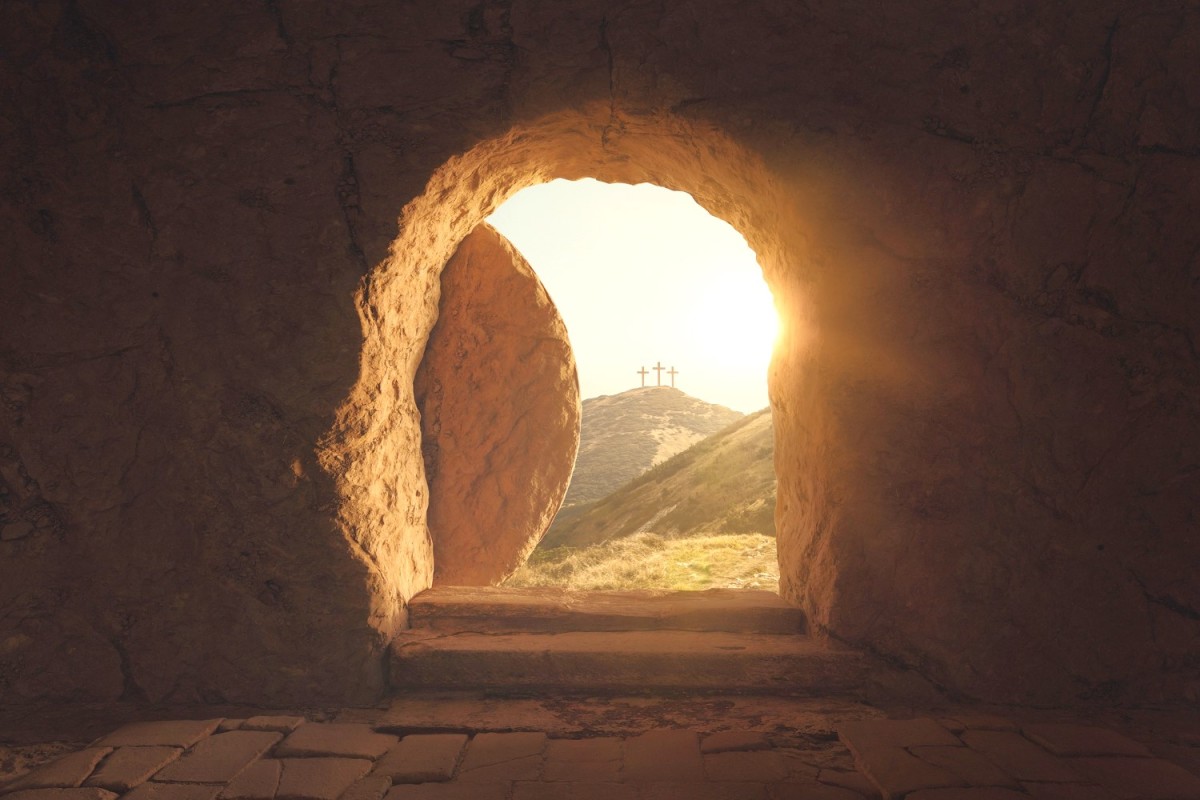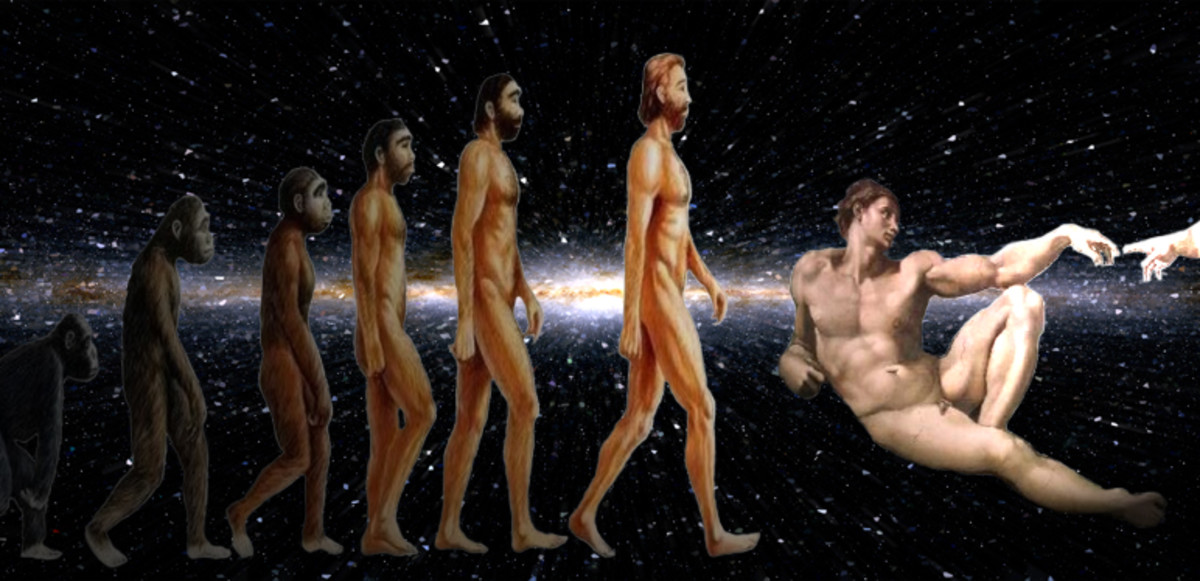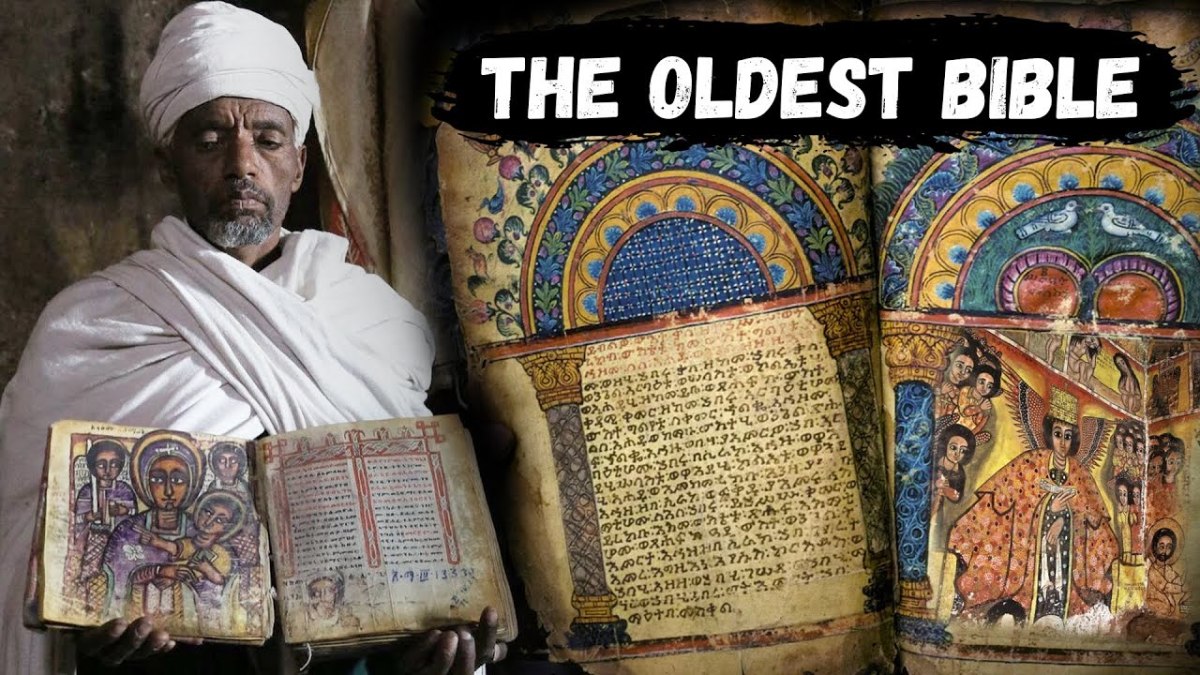When will Jesus return?

Why have previous predictions failed?
There have been a plethora of predictions as to the return of Jesus the Messiah, all resulting in systemic failure at every level. In fact one such failed prediction led to the split of a so-called bible society, that caused quite a few churches in America to take form during the mid-to-late 1800's. Aside from minor doctrinal differences, they all once shared the same faith in the return of Jesus at a particular moment in time. Even in recent history with people like Harold Camping, and the random YouTube video claiming the apocalypse next year, they all miss the mark. Why?
Part of the problem is that we no longer take the bible literally any more, and part of the problem is a misunderstanding of when a person is "born again". It's been more than 2,000 years since the physical birth of Jesus, and people looking to that date as his return were sorely misled. 2nd Peter chapter 3 is vital for understanding these things, and if you haven't read it, I suggest you do. For the sake of brevity, I will only quote this one part of it from verse 4: "And saying, Where is the promise of his coming? for since the fathers fell asleep, all things continue as they were from the beginning of the creation."
Where is the promise of his coming? Who? I think the answer is quite obvious, but the basic feeling behind this passage is that all these failed predictions leave people weary of them. What I mean is that if you're the enemy, the best way to get people divided is to make them distrust predictions, even if those predictions are based on good evidence. Divide and conquer is so effective, because it is so easy to do, and this is no different. Hence why these different churches spring out of failed predictions, and those that join none of them lose their faith entirely. Just remember that God is absolutely not slack concerning his promises, as some men count slackness, because we are impatient temporal beings.
To add yet another layer of deception to the mix, people who only look at the prophecies will be deceived. Satan is an expert counterfeiter, and if people only payed attention they could spot the counterfeits. As it says in Hosea, my people are destroyed for a lack of knowledge. But whose knowledge are we lacking, and why do we lack it? And why is every person in a position of power hailed as the next anti-Christ? When is the rapture, if it even happens at all, and what is it based on?
Prophecy is mysterious on purpose. We're not supposed to know every detail, but to just watch and wait, being diligent and sober. God revealed things to the prophets at certain times, for specific purpose. We are not better than the prophets, we must be patient. Things that happened in the past are but a shadow of things to come.
Setting the starting point...
Predicting the end point means we must first have a starting point, and if your house is built on sand the ruin of that house shall be great. We must build on a foundation made of rock, and who is the rock of our salvation? Take heed what you build on that foundation. Our starting point, and end point, is Jesus. YHVH in the flesh, the alpha and omega.
At the end of this article, there will be a video about the birth of Jesus, but to be brief it was on the 11th of September in 3 BC. Significant for quite a few reasons, but most notably because it was on 9-11 that our Lord was born? If you are aware of the conspiracy behind the 9-11 attacks, then you should know that this is why the conspirators pick these dates. It is simply to mock God, and get people to feel bad about celebrating the birth of the Messiah on a day of great tragedy. Satanists are literally in charge of world affairs, ruling by deception and violent force, and they're not completely ignorant of these historical events. Anyway, the point is that his birth is not our "starting point", because it doesn't fit the 6,000-year timeline. We're nearly a generation past the point of Jesus' birth, and he hasn't returned. So, what significant date should we be using in anticipation of his return, and a thousand years of peace that comes with his reign?
We all want that peace, but it will not come before it is ready. Since the time of the fall, humankind has been attempting to return to a state of perfection and peace. Some would even go so far as to hasten its return, by their own devices, by the works of their own hands. In vain they do these things, only working to set up a kingdom that in these last days shall be a global system. There is no escape from it.
So then if our starting point for these things is not with his birth, then what is? By all counts, it has been more than 2,000 years since his birth. I have written about when a person is "born again" elsewhere, but just go ahead and read John chapter 3 with one thing in mind: Death. To the point, a person is born again when they die. Why is that important?
"A good name is better than precious ointment; and the day of death than the day of one's birth." - Ecclesiastes ch7 v1.
We must calculate when Jesus will return, by his death. It was upon death that he paid for our sins and redeemed us, and it was upon death that he was "born again" as the first-fruits of God towards humankind.
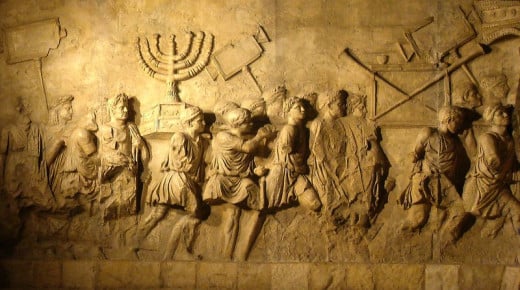
When is the season of Jesus' return?
To just put it out there right now, I think it will be in the year 2029 or 2030 that Jesus will return. As we get closer to that "season" we will see things more clearly. I definitely do not think that Jesus will return later than 2030, and more than likely in that exact year, but the day or hour? I don't know, and it isn't for me to know, because only the Father knows. But what is the evidence for this belief? Why have I come to this conclusion?
First of all, there are so many clues throughout the bible, it is overwhelming. I'm still only scratching the surface. Jesus fulfilled prophecy after prophecy with regard to his birth, that it could hardly be understated the Jews of Jesus' time knew who he was. In fact there was little doubt from anyone who was paying attention, that Jesus was living out prophecy before their eyes. When reading the four gospels one does not simply come away from that with the idea Jesus is merely a man, in right place and right time. No, it goes much deeper than that. Otherwise, why else would "wise men from the east" have known that the King of the Jews had been born in Bethlehem, and when going there to find him stop at the exact house he was in? The level of absurdity that you would need, to say this is all merely coincidence, defies logic and reason beyond a doubt: "Willingly ignorant" as the bible says it.
So if the wise men knew the date of Jesus' birth, we can know the date of Jesus' death.
The best evidence for the year Jesus died is found in the Talmud, which says that Jesus is in hell, boiling in a pot of urine and feces. We're not looking to the Talmud for doctrine or biblical truth, but only what they record as happening at a very peculiar time. The Jews need our prayers, because they're pretty good at recording historical events, but not particularly good at recognizing when God is angry with them. For this reason, we can rely on this testimony as being reliable in this regard.
"Our Rabbis taught: During the last forty years before the destruction of the Temple the lot [‘For the Lord’] did not come up in the right hand; nor did the crimson-coloured strap become white; nor did the westernmost light shine; and the doors of the Hekal would open by themselves, ..." - Babylonian Talmud, Yoma 39-b.
Any rabbi worth his kosher salt knows what the number "forty" means in biblical numerics, because it is the number of divine punishment for sins. (The children of Israel wandered in the desert for forty years after crossing the Red Sea, and it rained for forty days and nights for the flood of Noah, as examples). So what were these things that happened for forty years leading up to the destruction of the temple in Jerusalem the year of 70 AD? (That's the year 4040 AC -- After Creation -- Something I'll get to a little later). Because, for the record, if there is one event in history that humanity is absolutely certain of... It was the destruction of the temple in 70 AD. No other event in ancient history is as certain as that one thing, because it was a huge deal. So much so that Titus, the Roman emperor who put down the rebellion, dedicated an arch of triumph in Rome to the event. On it is depicted the Romans carrying the golden Menorah back to Rome with them, which you can see in the picture above, as part of the loot. (The Ark of the Covenant is not to be found, though).
But what are these customs that seemed to be a bad omen for forty years?
First off, the "lot of the Lord" coming up in the left hand. It was a pair of stones they put in a box, and the priest would reach in and put one in the right hand, and one in the left. If the lot for the Lord came up in the right hand, the stone with the letter shin, it symbolized that God would grant forgiveness. This is equivalent to a probability of 1/(2^40)... Which is a really, really, really, really small number. The chances of just this one event happening are ridiculously small. Three more to go...
Second, the crimson cord. When doing the actual sacrifice for the atonement of Israel, they would tie a red cord to the scapegoat's horn, and then tie the other end to the door of the temple. They would then cut the cord, and send the goat off into the wilderness to die. If the cord tied to the door of the temple turned white, it would symbolize God's forgiveness, as per Isaiah ch1 v18: "Come now, and let us reason together, saith the Lord: though your sins be as scarlet, they shall be as white as snow; though they be red like crimson, they shall be as wool."
Third, the western-most lamp of the menorah kept going out. Tradition being that three of the menorah lamps would be lit all the time. (Why 3, do you think -- Also it looked like the Hebrew letter shin)? Two on the eastern side, with one on the western side. The one on the western side would always be used to light the others should they go out, and be used to light up the entire thing in various ceremonies and celebrations. So it going out every night, them not being able to keep it lit for a full forty years, says something important.
Fourth, the doors to the Hekal (temple) would open all the time for seemingly no reason what-so-ever. Day, night, didn't matter. For forty years, again.
So the temple being destroyed in 70 AD put an end to these strange events... But what event happened 40 years prior to that, which caused God to reject Israel's traditional methods for forgiveness of sins?
Let's take a look at the death of Jesus in sequential order.
The series of events for Jesus' death -- Timeline
Event
| Gregorian Date
| Day-Night Cycle
| Hebrew Date
|
|---|---|---|---|
Last supper (Passover), Jesus is arrested
| Thursday the 6th of April, 30 AD
| Night
| 14th Nisan, 4000 AC
|
Crucified and put in the tomb.
| Friday the 7th
| Day
| 14th Nisan
|
Sabbath
| Friday the 7th
| Night
| 15th Nisan
|
Sabbath
| Saturday the 8th
| Day
| 15th Nisan
|
Saturday the 8th
| Night
| 16th Nisan
| |
Sunday the 9th
| Day
| 16th Nisan
| |
Sunday the 9th
| Night
| 17th Nisan
| |
Rises from the tomb early morning
| Monday the 10th
| Day
| 17th Nisan
|
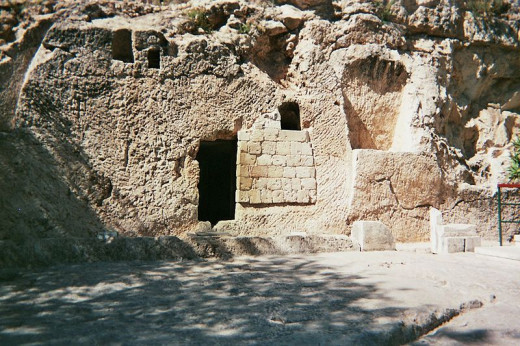
Recap and conclusion:
It is important to know that, in the Jewish tradition a day (24 hour period of time) starts at sundown, not sunrise. Keep that in mind for the chart above and for what follows hereafter.
God declares the end from the beginning. The 7,000 year prophetic plan is modeled off of the days of creation, based on the scripture of "A day as a thousand years and a thousand years as one day." Literally, not metaphorically. Why?
Quite simply, if we are to take the bible serious at all, there needs to be some level of literalness... Or else its just a book of suggestions. If they're all just suggestions, who cares? Would God have killed Uzzah for touching the Ark of the Covenant, if he had not previously said to not touch it lest ye die, if it were just a suggestion? Do we call them the "ten suggestions of God"? And if humans can reinterpret the words of God however they please, then can we honestly say what God meant? How can we know the mind of God, else he tells us what he means? And if He means what He says, and says what He means, why do we not believe Him?
More to the point, in order to explain the series of events timeline for Jesus' death, we absolute have to look at certain things literally. Because not only can we know the exact date of Jesus' birth and death, but even the location where he will return to.
"Which also said, Ye men of Galilee, why stand ye gazing up into heaven? this same Jesus, which is taken up from you into heaven, shall so come in like manner as ye have seen him go into heaven. Then returned they unto Jerusalem from the mount called Olivet, which is from Jerusalem a sabbath day's journey. - Acts ch1 v11 & 12."
Did you catch that? The angel told them Jesus would return to where he left from. Literally? Yeah, literally. That part isn't a secret. The only thing we don't know is when Jesus will return. Where he returns, isn't when he returns.
By the way, we know for sure that in 30 AD, Passover was on the 7th of April starting on the evening the day before. Because by Gentile standards, a day begins at daybreak. By Hebrew standards, a day begins at sundown. Passover is on the 14th of Nisan, the first month of the civil calendar, but the 7th month of the religious calendar. This being forty years prior to the destruction of the temple, the ONLY year that the Passover landed on the Friday before the Sabbath at sundown of that same Friday. Why is that important?
The 14th of Nisan is the Passover. If you want to know more about that, read Exodus ch12. But the important part of that is that the Passover landed on Friday, which begins the Sabbath at sundown. The day before, being the preparation day. The preparation day, is the preparation for the Sabbath, not the preparation of the Passover. If you look at the series of events, you can see why that is important. Now, the scriptures says that the Son of Man will be in the heart of the earth for three days and three nights, but nowhere does it say a full three days and three nights. Because you can have a partial day count as being included in the full count. And so, Jesus was crucified on the preparation day of the Sabbath, which was Passover. See: Matthew ch27 v62, Mark ch15 v42, Luke ch23 v54 and John ch19 v14 as references. The passage in John is somewhat confusing though, because it seems to indicate that he is talking about the preparation for the Passover, when in fact it is talking about the preparation for the Sabbath. Figures of speech and grammar play an important role in figuring it out, but it isn't hard to do if you look at the other three examples.
Anyway, watch the video below about the birth of our Messiah. It's based on the same evidence that was featured in the video "The Star of Bethlehem" by Rick Larson. This, however, is done by PhD Michael Heiser, with a few extra references thrown in that Mr. Larson missed. It should get you to thinking about the bible as more than just a mere book of myths and legends, or at least I hope it does.
God bless.


